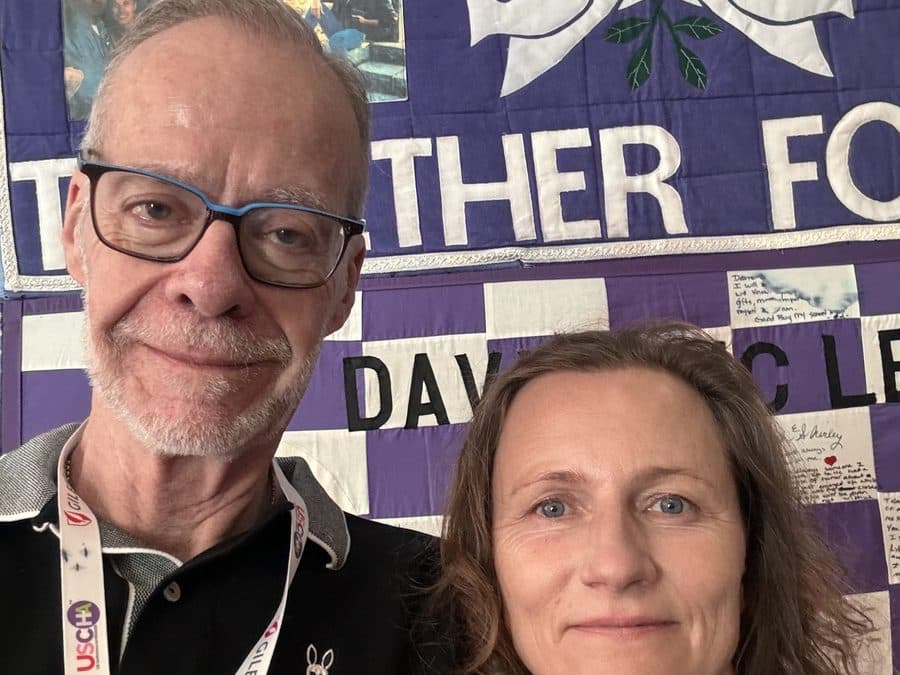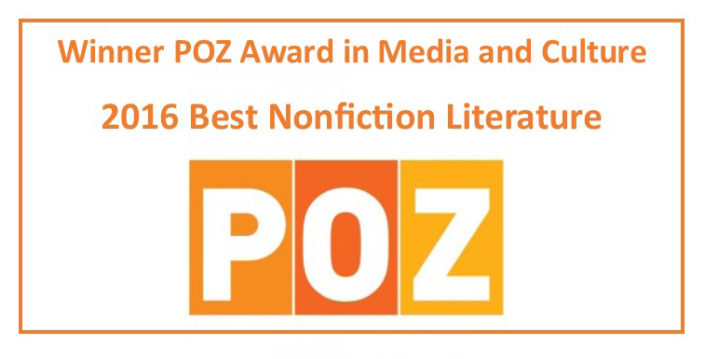Despite the best efforts of Hurricane Francine, the US Conference on HIV/AIDS successfully met over the course of...

Fawcett Presents Two Workshops at the US Conference on HIV/AIDS
read more

Despite the best efforts of Hurricane Francine, the US Conference on HIV/AIDS successfully met over the course of...

Get the support and resources you need to create a brighter future filled with recovery and hope.
Order your copy today and start your journey towards recovery and healthy intimacy. Remember, recovery is possible, and you don't have to do it alone.